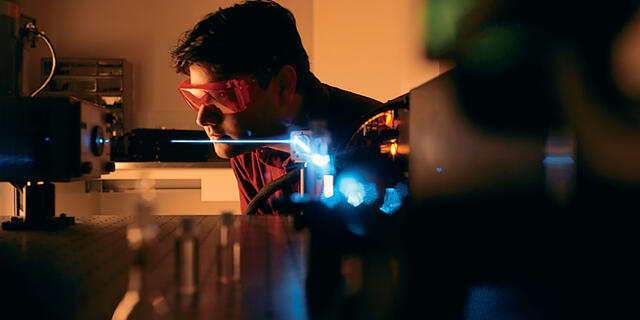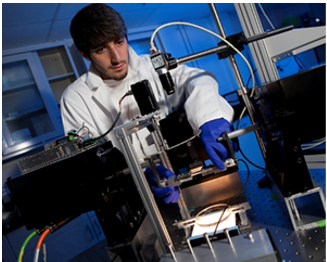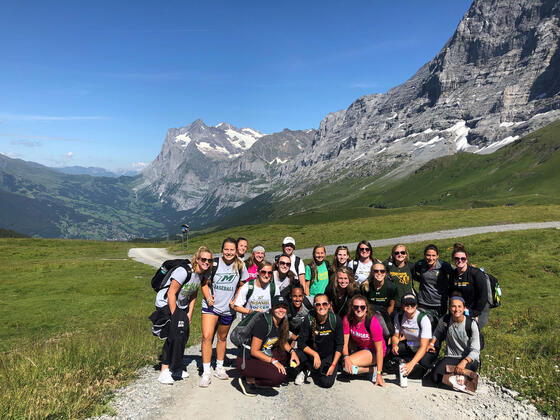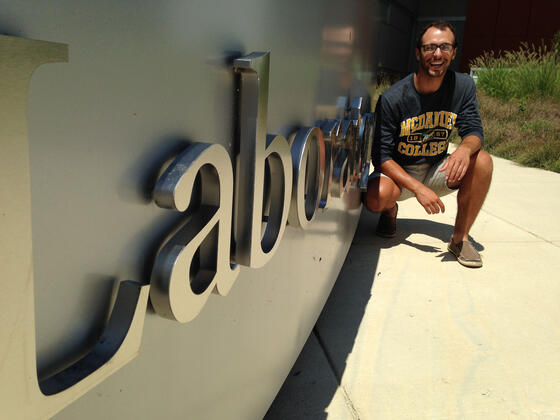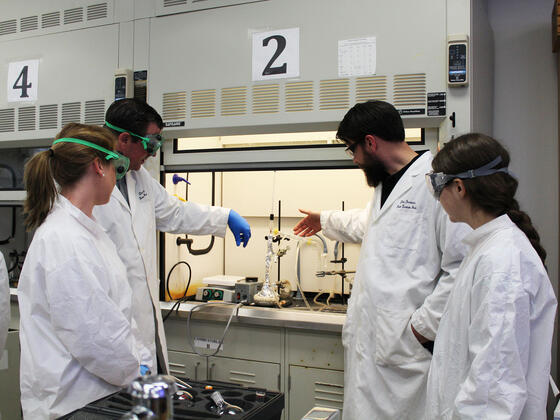Physics - Engineering
It’s a common misconception: in order to study Engineering you have to go to a huge school and accept that you’ll just be one face among the many. Well, not at McDaniel. Here you can begin your journey to becoming an engineer in a small-college setting with a well-rounded intellectual foundation.
Mortarboard
Degree Types
Major, Specialization
Institution
Complementary Programs
Heart
Distinctive Requirements
Capstone
Document
Special Benefits
Guaranteed Acceptance
The McDaniel Commitment in Action
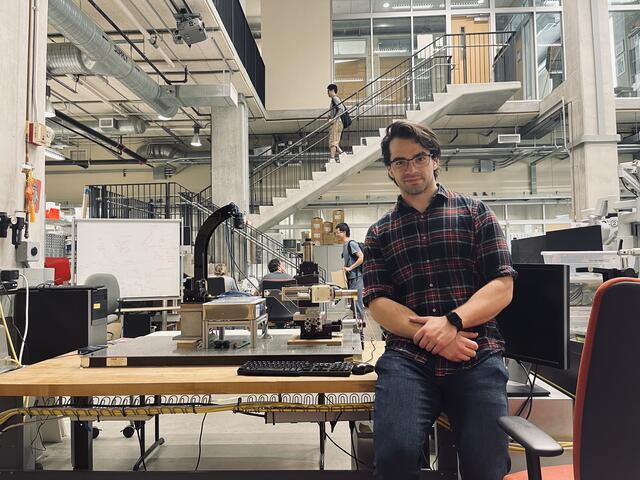
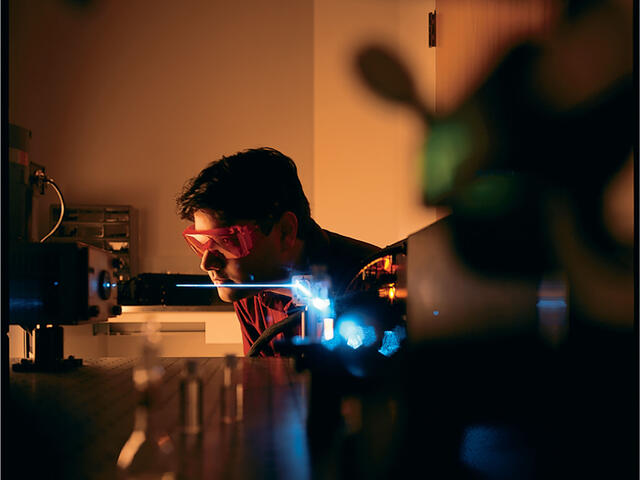
A Compelling Partnership McDaniel launches Engineering track and partnership with Washington University in St. Louis Guaranteed Acceptance
In partnership with Washington University in St. Louis, McDaniel students have the option to enroll at the James McKelvey School of Engineering at WashU for a second degree, either a bachelor’s or master’s, in Biomedical, Chemical, Computer, Electrical or Mechanical Engineering, Computer Science, or Systems Science and Engineering.
